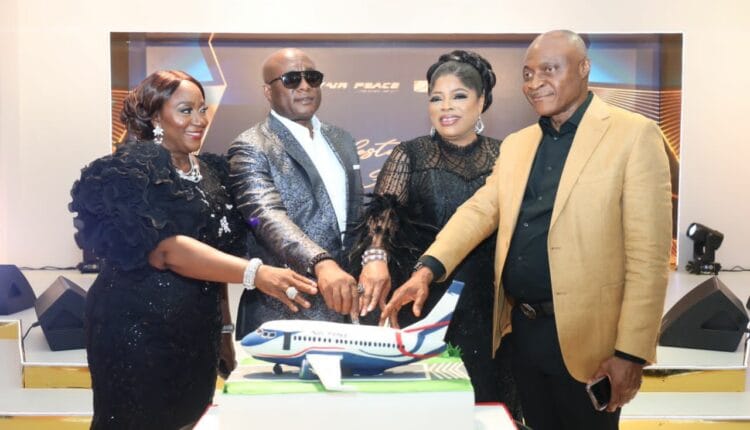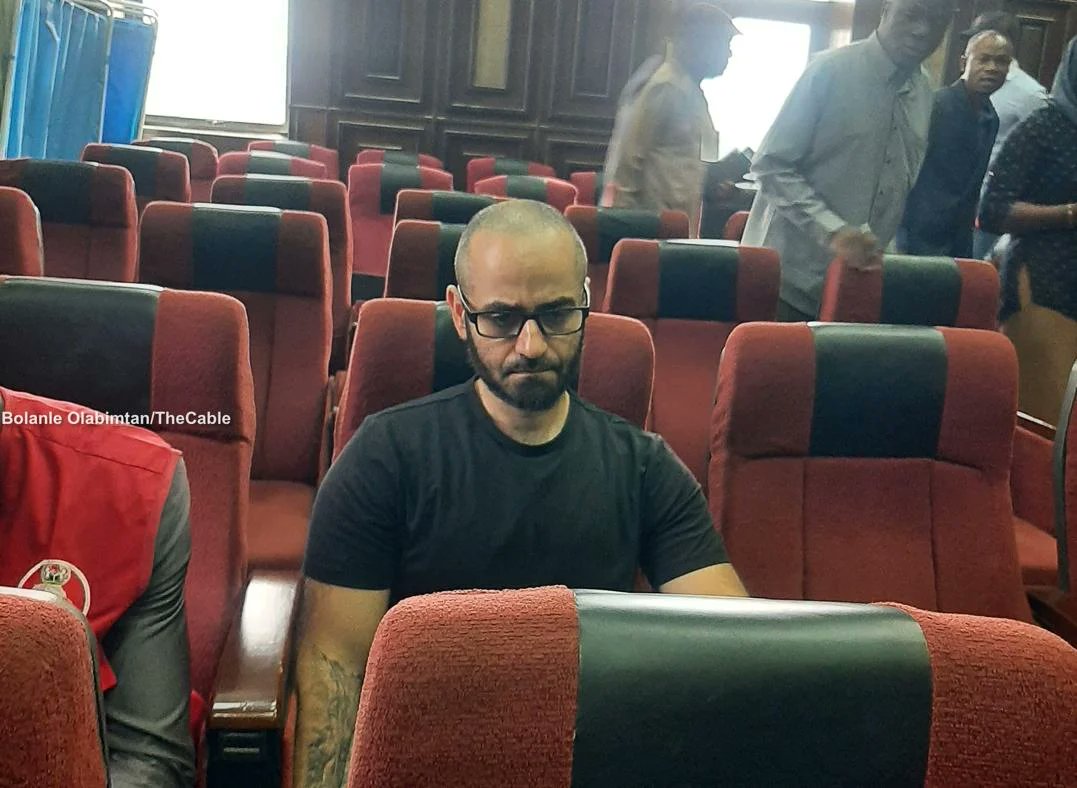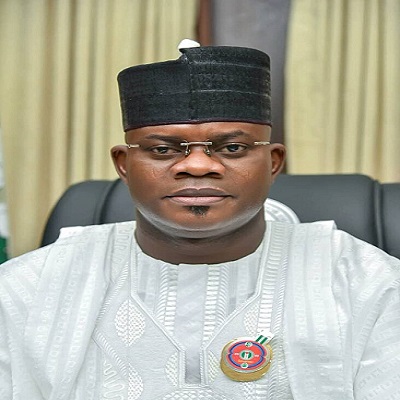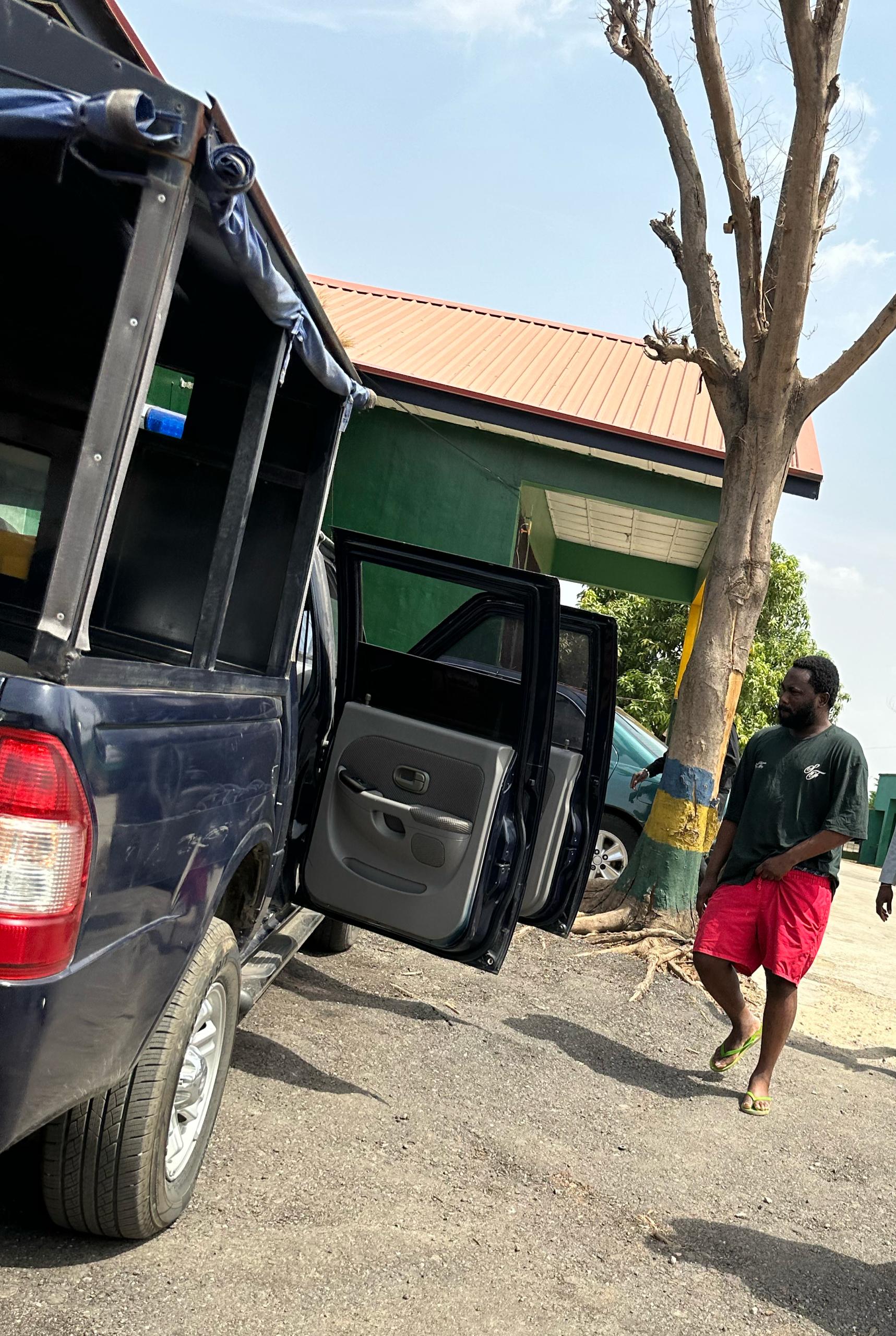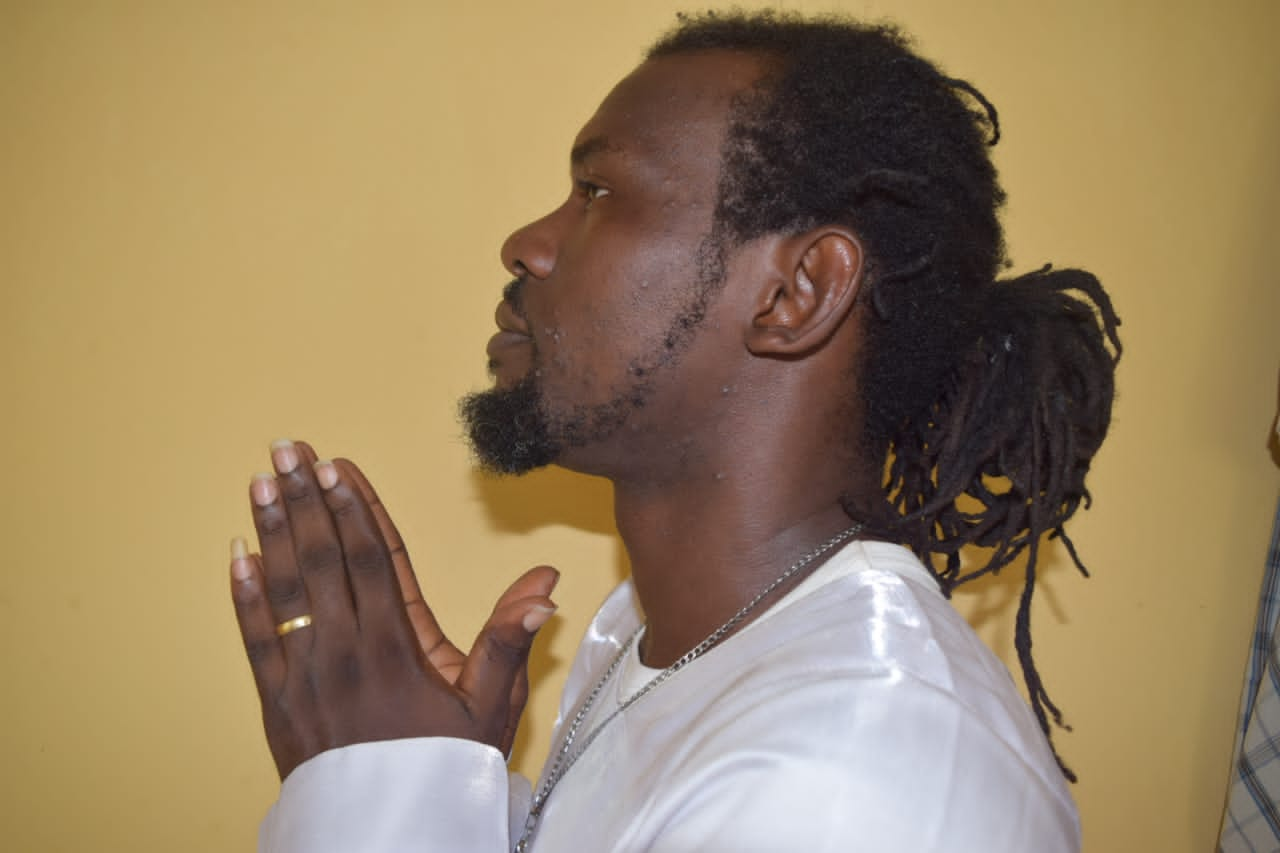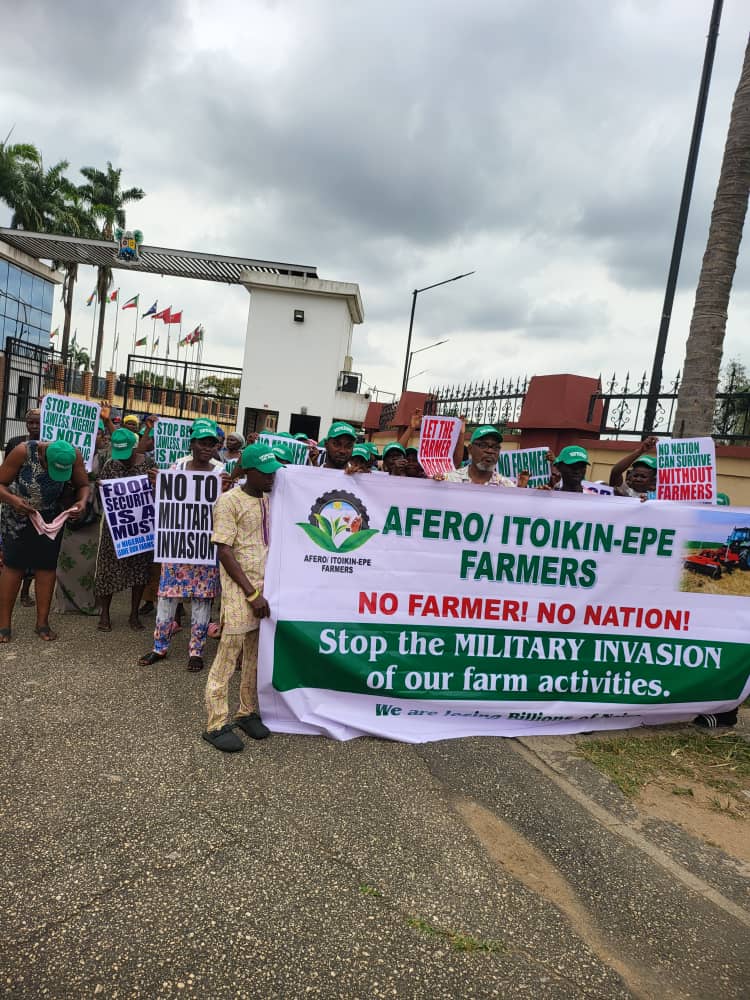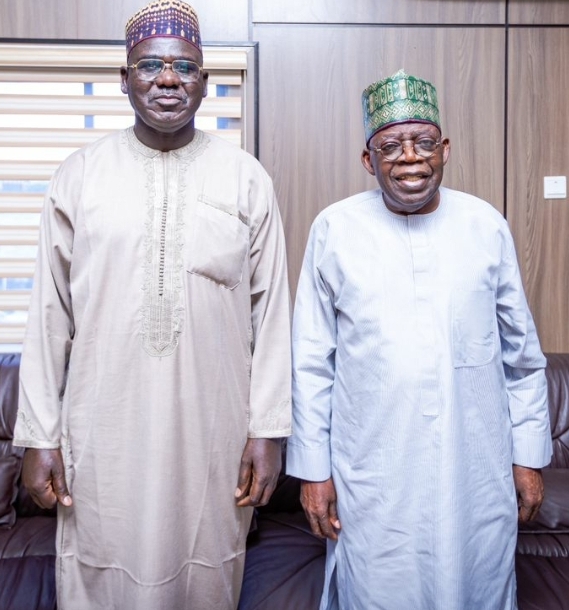
GENERAL BURATAI IN THE EQUATION OF INSECURITY DOWNPLAY IN TINUBU’S GOVERNMENT
- Bayo Adetu
- May 2, 2023
- OPINION
- Buratai, Insecurity, Tinubu
- 0 Comments
By FEMI OYEWALE
As Nigeria prepares for a fresh phase in its democratic existence on May 29, 2023, a peaceful environment for socio-economic and cultural growth has, yet again, become a critical issue in the mix. This is essentially so because the country, unarguably reputed as one of the biggest markets for raw and finished goods on earth, attracts humans of all kinds to its geographical space. Incidentally and over the years, anti-democratic forces in collaboration with fifth columnists, constituted themselves into national security nuisance, disrupting activities across sectors.
As of mid-2022, the orchestrated violence has cost the country 11% of its GDP and N119 billion loss of revenue. Similarly, projects worth about N12 trillion have been abandoned according to data from Town Talk Solutions. Looking ahead, these challenging scenarios, Bola Tinubu, presidential candidate of the All-Progressive Congress, APC, now President-Elect, had, in October 2022, unveiled his presidential agenda where he prioritized security. Titled “Renewed Hope 2023 – Action Plan for a Better Nigeria,” Tinubu affirmed that he would continue with the social investment programmes of the Buhari-led administration.
The President-Elect equally added that total transformation of Nigeria can be achieved, building on the foundation laid by the APC administration of President Buhari. Specifically, he emphasized that security is the “bedrock of a prosperous and democratic society”, assuring that his administration would make it a fundamental responsibility to protect the life and property of its citizens by mobilizing the country’s national security, military and law enforcement assets to protect all Nigerians from danger and the fear of danger.
“The current government has made important inroads. When it came into office, the Buhari government met a situation in which terrorists had planted their flags and claimed Nigerian territory as their own. “The Buhari government eliminated these incursions against our national sovereignty, bringing peace to many areas. Thousands of formerly displaced people have returned home to rebuild their lives,” Tinubu disclosed. However, and interestingly so, General Tukur Yusufu Buratai (rtd), was the arrowhead of the team that helped President Buhari’s government to achieve these significant successes in the reduction of insurgency which Tinubu has promised to build upon.
Essentially, the pre-Buhari government was a session of anger in the land where nihilism became the official dictum through organized terrorism. The peace in Nigeria’s capital, Abuja, was displaced by vengeful, omnidirectional hatred. On assumption of office in 2015, this ugly situation provoked President Buhari to employ a trusted and tested General to change the insecurity narrative in Nigeria. Lieutenant General Yusufu Tukur Buratai (rtd), was widely recommended on account of his outstanding military pedigree. He was, unarguably, the pick of the pack. And he became the Chief of Army Staff in July 2015. Buratai hit the ground running and soldiered on.
Despite distractions ostensibly by segmented bashings from some misinformed stakeholders and sections of the human rights groups who orchestrated hugely unsubstantiated allegations, Buratai continued in a most commendable fashion. He provided leadership and inspired the troops to work harder through dedicated strategies.
Notably, Buratai intelligently enhanced Army-Civilian relationship with the Northeast populace including other parts of Nigeria as a major step that turned the tables against insurgents during his time. He reinvigorated joint civil-military operations, comprising all operational formations of the Services with a central coordination Headquarters which coordinated civil and humanitarian activities. These strategies greatly assisted the joint force commander.
Humanitarian, national-assistance operations, theatre campaigns and civil-military operations worked concurrently and cohesively. With these strategies, the military under Buratai sustained the tempo of operations and kept up the aggressive assaults on insurgents as well as enhanced collaboration and synergy with other sister agencies.
Towards the last half of 2020, the bandits had been overwhelmed. They were calling for negotiations through some prominent individuals. This was as a result of the pressure mounted on the bandits. Many of their fighters, collaborators, logistic suppliers and informants were neutralised, captured or escaped out of the country for safety.
By the time Buratai left office in early 2021, the remnants of the Boko Haram insurgents have been confined to the fringes of the Lake Chad Basin region, with no territory under their control and largely carrying out hit-and-run skirmishes.
Curiously, President Buhari beckoned yet again for “Another important assignment”, a few days after Buratai ended his selfless service in January 2021. The former Chief of Army Staff was faithfully obliged to take part, as fully as he can, in any measure designed, in particular, to keep the constituent ethnic units in the federation of Nigeria as one as well as preserve Nigeria as an economic and political entity. But, this time, through diplomatic channels.
The President’s brief was clear and straightforward forward, especially from the already well-known international influence, funding and support for the insurgency in Nigeria. Given his deep understanding of the President’s intentions because of his direct involvement in counter-insurgency operations for a reasonable length of years as Army boss, Buratai easily subsumed into Buhari’s tactical design to secure Nigeria’s borders through neighbouring countries as an ambassador.
He particularly felt it would be untidy of him to abdicate such responsibility when the war against insurgency was yet over.
He reckoned that there was an important need to reinforce service chiefs’ efforts from the outside through diplomatic push and support. Expectedly, his resumption at the Republic of Benin as Ambassador was the needed signal to smugglers of arms and architects of economic sabotage that the game was over.
He reawakened all the unused diplomatic regulations including bilateral relations in line with the science and philosophy of international laws to ensure appropriate diplomatic steps were deployed without infringement on fundamental rights. He injected fresh directives into their operational codes, maintaining that never again should the border become the hub of economic sabotage and illegal arms snuggling.
Just in his early 60s, it is morning yet for Buratai in national service. His unmatched professionalism, military skills and understanding of Nigeria’s security issues blended with diplomatic knowledge perfectly recommend him for the Defence portfolio in Tinubu’s government.


